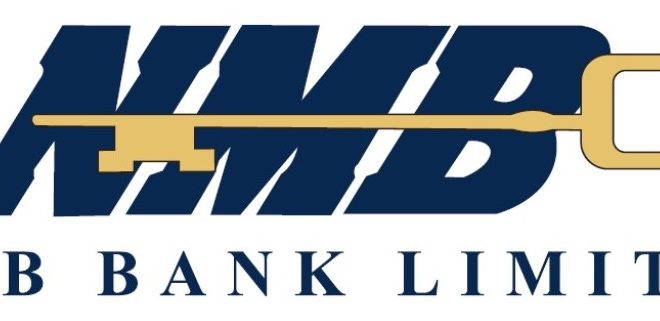Short-term insurers see 582pc jump in GPW
COMBINED Gross Premium Written (GPW) by short-term insurers jumped 582 percent in nominal terms to $51 billion during the quarter to March 31, 2023 from $7,49 billion in the same period last year driven by premium reviews as insurers sought to align with inflation developments and exchange rate volatility.
In real terms, the combined GPW increased by 263 percent to $27,21 billion from $7,49 billion during the same quarter last year. All lines of business experienced positive growth during the period, except for the hail line of business.
According to the industry regulator, Insurance and Pensions Commission (IPEC)’s Short-Term Insurance Industry Report, motor and fire insurance maintained their dominance as the major sources of business contributing 71 percent of the combined GPW during the quarter under review, which was an increase from 69 percent recorded during the same quarter last year.
“Notwithstanding the continued dominance of the motor insurance business as a mandatory class of insurance business, it is imperative for coordinated efforts by all stakeholders to address legacy issues militating against confidence in the insurance industry.
“This includes raising awareness of the importance of insurance as a risk management tool as opposed to being a cost-driver to business operations,” said IPEC.
During the period under review, foreign currency-denominated business increased by 52 percent to US$37,32 million for the quarter compared to US$24,49 million reported during the comparable prior year period.
The major sources of foreign currency-denominated business for short-term insurers were motor and fire, contributing a combined 65 percent of the total business written for the period ending March 2023.
All the twenty short-term insurers reported capital positions above the minimum capital requirement of $37,5 million as at 31 March 2023.
“The reported capital positions were computed without accounting for non-admissible assets as stipulated in Statutory Instrument 95 of 2017,
“All players are reminded to adequately prepare for the implementation of the risk-based capital regime under the auspices of the Zimbabwe Integrating Risk and Capital Programme.
“The draft regulations for the risk-based capital regimes are undergoing the necessary approvals,” said IPEC.
Total assets reported by short-term insurers increased by 483 percent in nominal terms to $166,89 from $28,62 billion. Investments in prescribed assets by short-term insurers increased by 1,349,5 percent to $7,7 billion from $531,45 million.
According to the report, four out of the twenty short term insurers were compliant with the minimum prescribed asset ratio of 10 percent.
“Compliance with prescribed asset requirements remains very low,” said IPEC.
“To ensure compliance with prescribed asset requirements, the Commission will be escalating regulatory measures in line with Statutory Instrument 206 of 2019,” added the regulator.
As for reinsurance business, the combined business written by short-term reinsurers increased by 724 percent to $34,49 billion from $4,19 billion for the same quarter last year. This growth is mainly attributable to insurance premiums tracking inflation developments.
In line with developments in the short-term direct business, fire, personal accident and motor lines of business were the major sources of business for both the periods ending March 2023 and March 2022.
The three lines of business contributed a total 65 percent of the combined GPW up from 59 percent during the same period in 2022.
“While fire insurance was the major source of business for reinsurers, motor insurance was the major source of business for direct underwriters indicating that direct underwriters retained the major portion of motor insurance risk, hence confirming that third-party motor insurance has remained the major source of business in the local market,” said IPEC.
-herald









